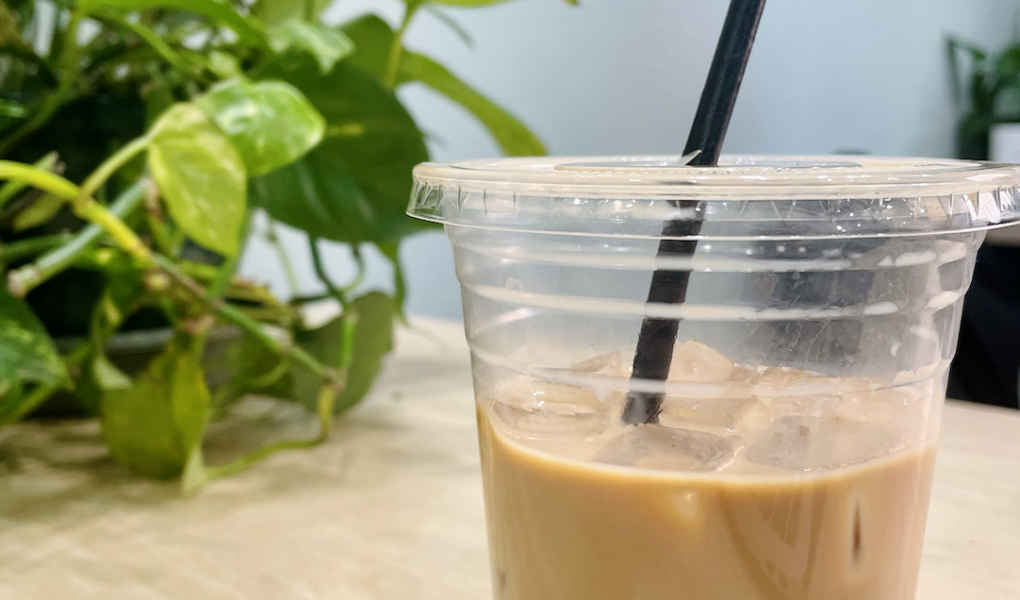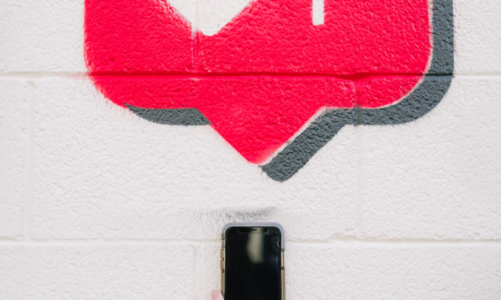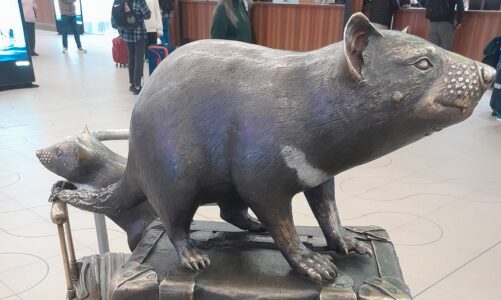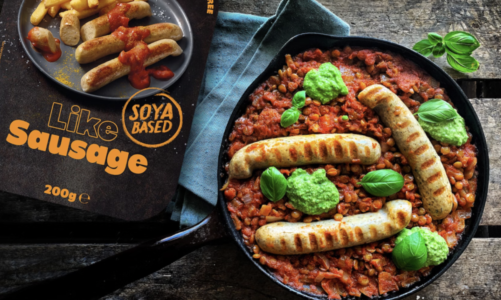AUDIO TRANSCRIPT
Neha Magesh: In this new age of social media marketing, instant gratification is the hottest buzzword. Here’s Nick Martell, co-founder and co-host of The Best One Yet podcast, the largest daily business news podcast out there today.
Nick Martell: There are a few different drivers of engagement. And one of them, increasingly, is instant gratification. I would say the most compelling and fat and most used value proposition of the last 10 years is convenience. And what convenience is code for is instant gratification.
Neha Magesh: Today, we increasingly see this phenomenon of instant gratification in the coffee industry.
Nick Martell: As Americans, we’ve become an iced coffee nation.
Neha Magesh: Let’s break that down a little. When we look at big coffee companies like Starbucks, we certainly see them marketing promotional iced drinks, like the iced brown sugar shaken espresso or the eponymous Pink Drink. But how do we know that iced coffee has overtaken hot?
Nick Martell: When Starbucks reports earnings as a public company, they reveal trends. What’s interesting is that Starbucks has revealed that a majority of its sales are actually iced coffee. Starbucks is a great reflection of how coffee is being dragged across the United States because it’s the largest coffee brand. And what they’re telling us is that iced coffee has become their primary type of coffee.
Neha Magesh: 76% of their sales, to be exact. Iced drinks are Starbucks’ biggest profit. But why exactly is that the case? Could it have something to do with our favorite new buzzword, instant gratification?
Nick Martell: They noticed that their drinks can drive virality if their drinks look a certain way, and those drinks tend to be colder beverages. So they are designing their product now for social media. When you look at their pink freaky concoction, one off limited time offer Frappuccino, that is a drink that was not designed to be drank. It was a drink that’s designed to be shared.
Neha Magesh: And the more of these pretty, colorful drinks we see online, the more we want them, and the more we buy them. We’re back to instant gratification.
Nick Martell: Amazon standardized this and set the expectation for instant delivery. So just like we have instant gratification desire for our E commerce needs and online shopping, that has conditioned us to expect it from other things. Another great example: Spotify. Daniel Eck, the CEO, insisted that their music load faster than anyone else’s music, because he knew instant gratification was what’s really driving a lot of potential audience.
Neha Magesh: Isn’t that crazy? It’s almost like the most popular businesses of today thrive off of one common factor: aesthetic products that are super easy to gain access to. And these businesses do set an example for mom-and-pop shops across the country. Take coffee shops, for example.
Nick Martell: Smaller companies that have similarly said that like two thirds of their sales are iced coffee year round. What begins at Starbucks is making its way around locally. These megatrends are really generational.
Neha Magesh: Whether our instant gratification comes from carrying around the coolest new drink in town or simply not wanting to wait for our piping hot coffee to cool down, it exists and it’s not going anywhere.
[NEHA MAGESH][NEW YORK UNIVERSITY]




